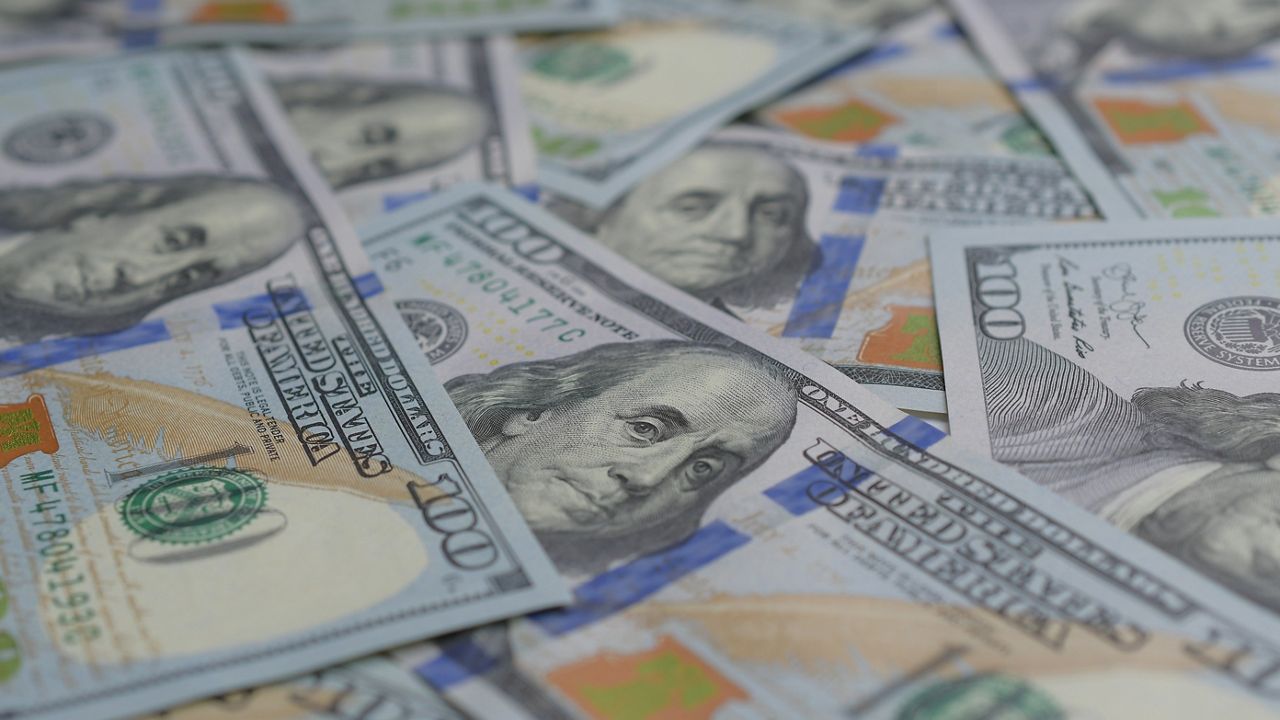State lawmakers may move as soon as this month to increase taxes on upper income earners as New York seeks ways of digging itself out of a deep budget hole created by the COVID-19 pandemic.
Assembly Speaker Carl Heastie on Monday raised the possibility of the Legislature holding a session in the coming days to deal with the tax issue. The goal is to avoid a court challenge to a retroactive tax rate increase and potentially pass one before the new year in order to capture more revenue.
Lawmakers may also consider a measure for a moratorium on evictions as well support for workers who have not been covered by pandemic-related benefits, such as undocumented immigrants, Heastie said.
Democrats control both chambers of the Legislature and will have a supermajority in the state Senate next month.
Progressives are pushing lawmakers and Gov. Andrew Cuomo to raise taxes on wealthier New Yorkers through a variety of means, including a tax on second homes in New York City and a tax on stock transfers. But a personal income tax rate increase is perhaps the easiest way to grow revenue.
"Some can be done next year, but I would say some are more time sensitive and I think something like an income tax if you want to get a full year's value of it, you would have to consider it now," Heastie told reporters.
Gov. Andrew Cuomo has acknowledged New York will likely need to raise taxes in order to close the budget gap. But he has also signaled he wants to wait to determine the size of a potential federal stimulus measure to be proposed by President-elect Joe Biden next year that is expected to include direct aid to states.
New York's budget is expected to pass March 31, the start of the state's fiscal year.
The state will need federal aid regardless of the size of the tax increase, Heastie said.
"I still think there's a part for us to play," Heastie said, "but the big bucks should come from the federal government."
New York's unemployment rate stands above 9% as the pandemic has thrown people out of work and shuttered small businesses like restaurants and bars.
The state relies on a small number of wealthy income tax filers for much of its annual revenue.
"People are unemployed, people are hungry, we still have to deal with excluded workers who sometimes get lost in the shuffle of the system," Heastie said. "There's a lot of need. The state can never fill the federal government's role and responsibility."


